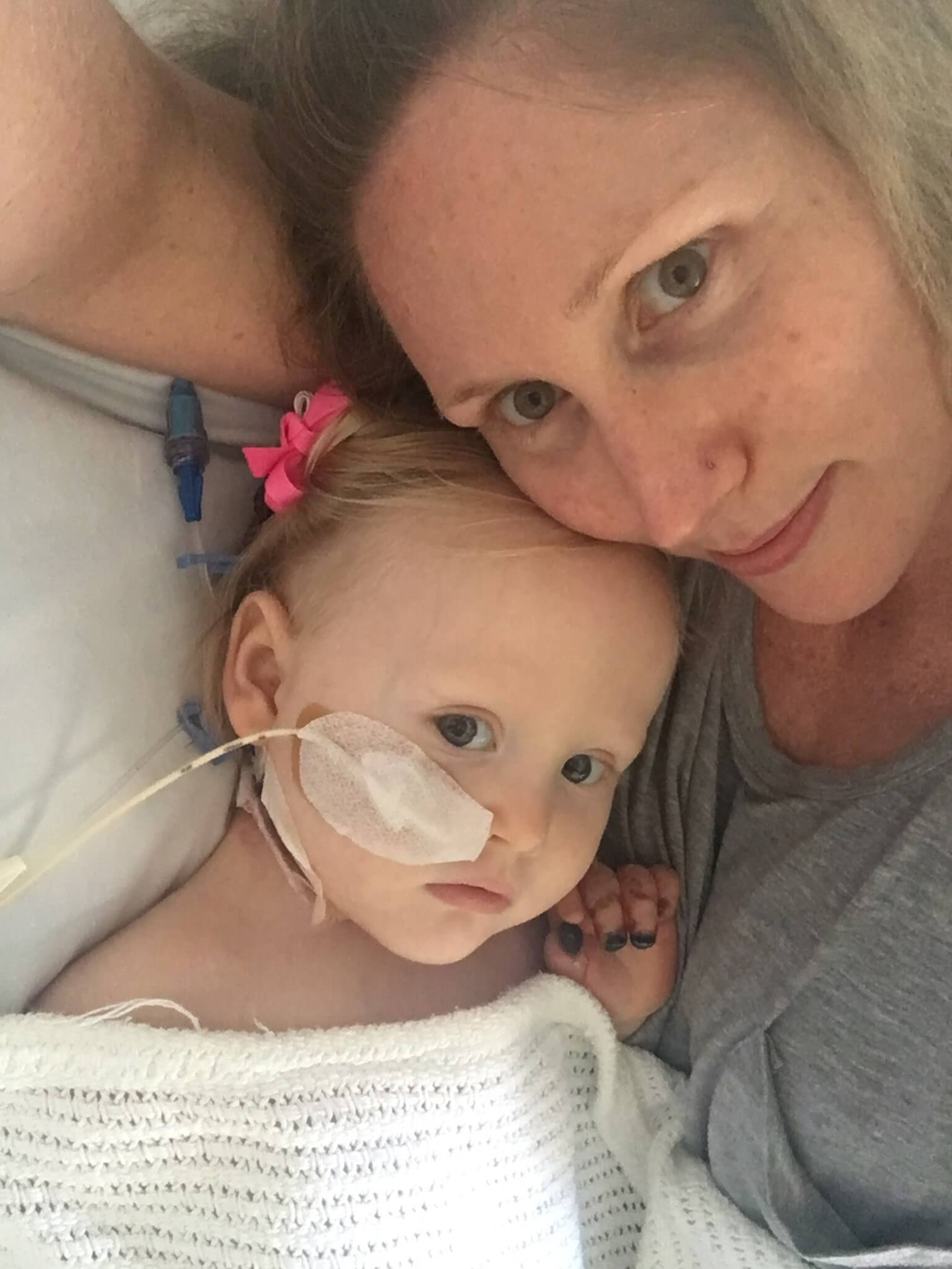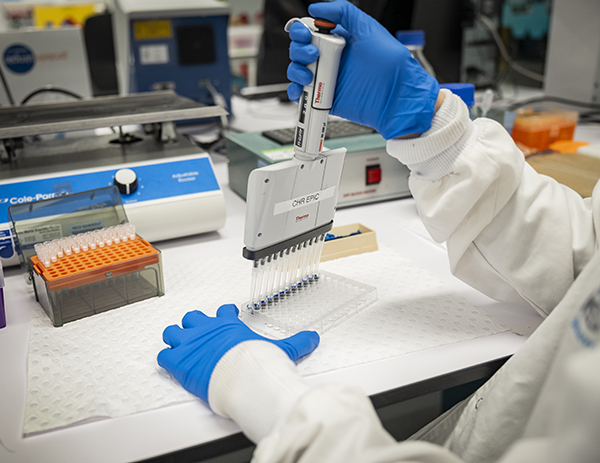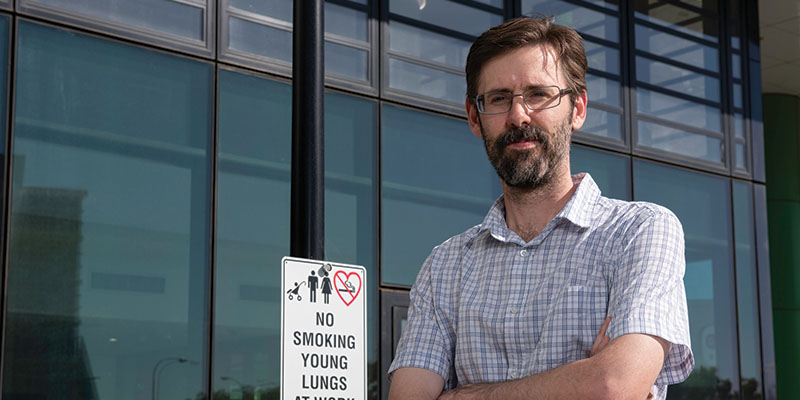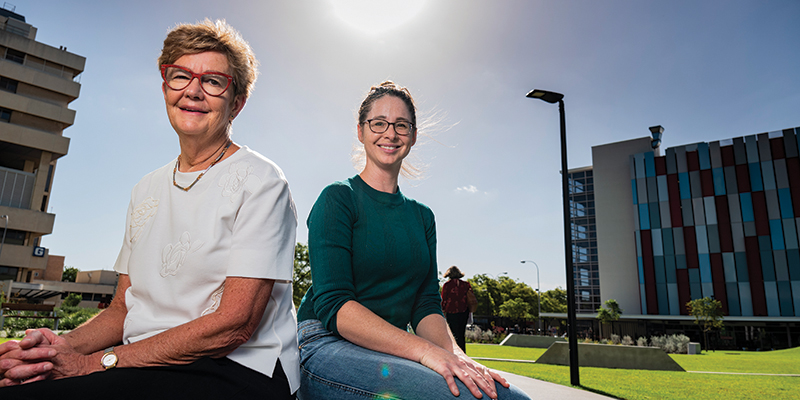Search

News & Events
Isla's Invasive Strep A Story"I had never heard of invasive Streptococcus A disease before, and I was shocked to hear that it is actually three times more common than meningococcal disease and just as deadly yet there is no vaccine to protect against it."

News & Events
BHP funds help researchers reach for the skyTwo The Kids researchers will launch innovative new scientific projects thanks to funding from BHP.

News & Events
Fertility techniques linked to intellectual disabilityA The Kids Research Institute Australia study showing a link between intellectual disability and some forms of ART has reinforced the need for co-ordinated long-term monitoring of outcomes of children conceived using these techniques.

News & Events
Food and nutrition in pregnancyA healthy and balanced diet is important if you’re pregnant or planning a pregnancy.

News & Events
New fund transformative for health and medical research in WAThe new Future Health and Research Innovation Fund will be transformative for health and medical research in Western Australia.

News & Events
Campaign pays off as alcohol labelling gets green lightFollowing strong evidence and lobbying by The Kids Research Institute Australia researchers and others, labels to warn women about the risks of drinking during pregnancy are to become mandatory on all alcohol sold in Australia and New Zealand.

News & Events
Alcohol screening tool transforming maternity practiceA screening tool to help midwives and other health professionals contribute to the prevention of FASD is changing maternity practice across WA public hospitals.

News & Events
Helping hand on home stretch to adulthoodTelethon Kids Institute data linkage research confirming young people who have experienced out-of-home care face serious disadvantage.

News & Events
Rapid response to e-cigarette findingsTelethon Kids Institute-led research revealing that six out of 10 nicotine free e-cigarette liquids contained nicotine and other potentially harmful chemicals.

News & Events
Let the sun shine inFor decades Aussies have been told to minimise sun exposure to prevent skin cancer - now researchers at Telethon Kids are challenging that message.
